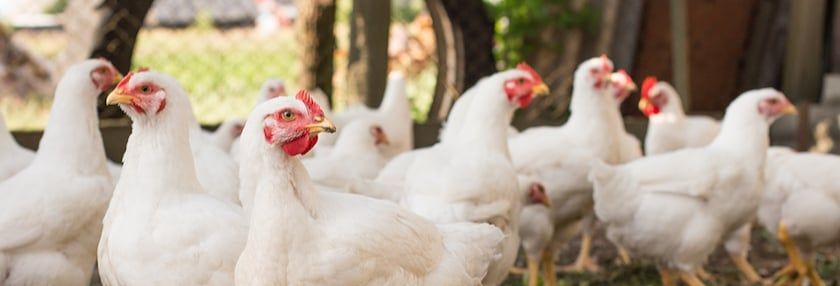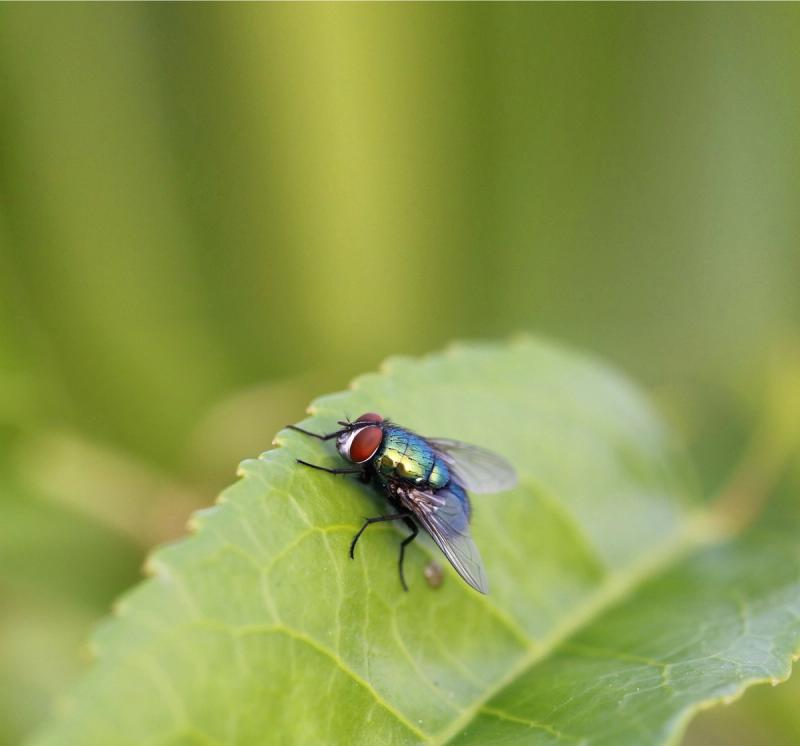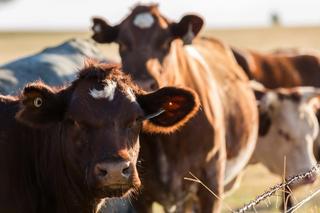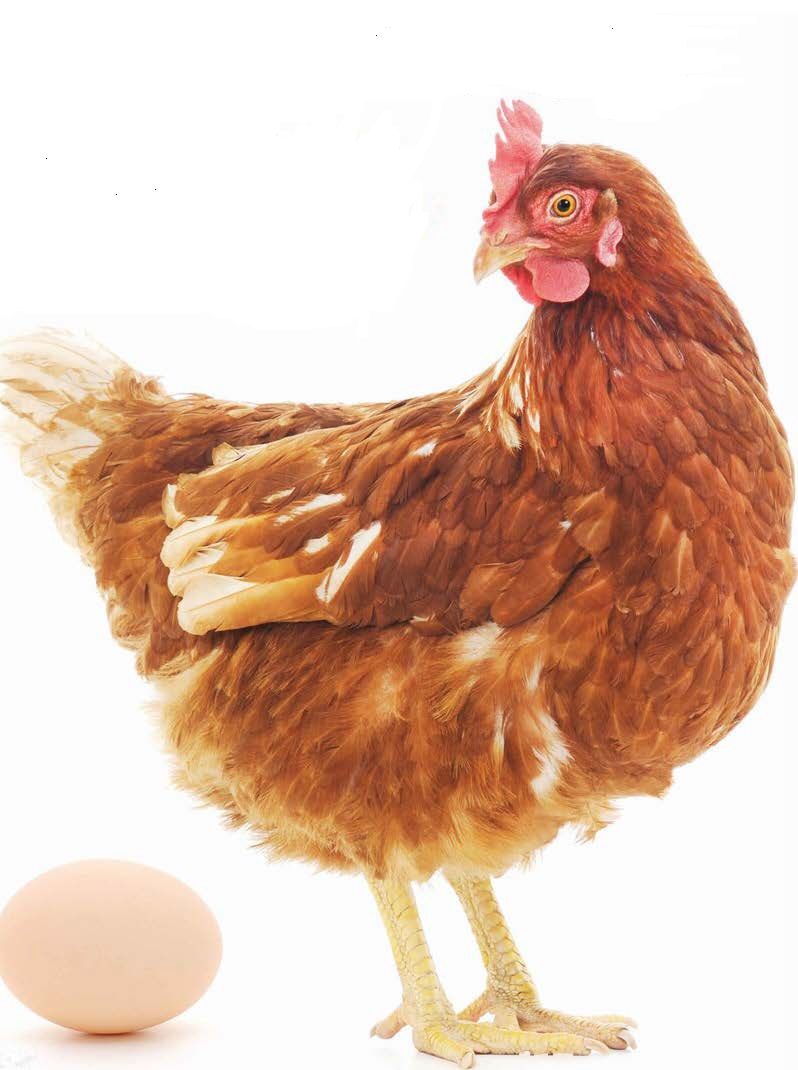Striking Out Flystrike


Any small wound opens the door
What is flystrike?
Flystrike (the technical name is myiasis) is condition that occurs when flies lay eggs in an animal’s skin or body cavity. The eggs hatch into maggots (fly larvae) that begin to feed on the surrounding tissue. As the maggots feed on tissue and burrow, they cause significant pain and damage.
In birds, it commonly occurs in open wounds from trauma, predators, aggressive flock-mates or roosters, as well as in the area of vents that have fecal accumulation present.
Flystrike causes further tissue damage and can lead to secondary bacterial infections. Flystrike can be fatal if not treated.
Clinical signs of flystrike include presence of eggs, moving insects or visibility of maggots in open wounds or apparent "holes" in the bird's flesh or in and around the vent. Appearance of tissue necrosis—dead tissue— and bleeding are also indicators of fly strike.
Can flystrike be treated?
Flystrike in should be treated as an emergency as it is an extremely painful and potentially fatal condition. Flystrike occurs and progresses rapidly. After fly eggs are laid, they hatch in 8 to 12 hours, with each fly able to lay up to 150 eggs.
Affected birds should be isolated from the rest of the flock and placed in a warm protected location with easy access to food and water. It is best to contact your veterinarian for further treatment.
Veterinary treatment of flystrike involves the complete removal of all visible larvae as well as cleansing and surgical debridement (removal of dead tissue) of the wound.
The wound care will entail a safe antiseptic cleansing agent flushing any affected tissue. The veterinary will then apply a dressing such as silver sulfadiazine cream or an aerosol aluminum bandage.
Your veterinarian may prescribe antibiotics to treat or prevent secondary bacterial infections and an anti-inflammatory for control of pain and inflammation.
Prevention of flystrike
Flystrike can occur from any fly species and in any region. Fly control is extremely important for the wellbeing and welfare of your flock. In addition to causing flystrike, flies are a nuisance and can cause increased stress and expense of energy for birds trying to get reprieve from heavy fly burdens.
Practicing good fly control helps to decrease the chances of flystrike in your flock.

Monitor the health of your flock, checking individuals daily for wounds, and cleaning vents from adhered debris and feces. Injuries and fly strike can be missed easily by feather cover, so close examination is important.
If you find any open wounds address them immediately by first aid at home or contacting your veterinarian for more severe or unresolving wounds. Good husbandry including clean, dry bedding and catching and treating digestive issues and diarrhea early will also help to keep vents clean.
Regular veterinary fecal floats as part of a flock health plan can help monitor parasite burdens in your flock which can also help prevent diarrhea. If diarrhea does occur, be sure to clean feathers quickly and trim any feathers that are unable to be completely cleaned.
Flystrike is a serious and potentially fatal condition that can be prevented by close monitoring of your flock, catching wounds and vent soiling early and practicing good fly control.
Tags:Poultry Advancements

Chicken Whisperer is part of the Catalyst Communications Network publication family.












